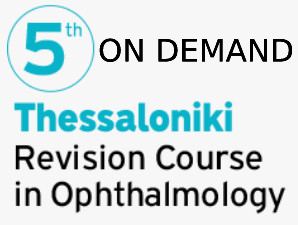Bhatia K., Graham M., Terry L/, Wood A., Tranos P., Trikha S., Jaccard N.
Abstract
Purpose:
To evaluate Pegasus optical coherence tomography (OCT), a clinical decision support software for the identification of features of retinal disease from macula OCT scans, across heterogenous populations involving varying patient demographics, device manufacturers, acquisition sites, and operators.
Methods:
Five thousand five hundred and eighty-eight normal and anomalous macular OCT volumes (162,721 B-scans), acquired at independent centers in five countries, were processed using the software. Results were evaluated against ground truth provided by the data set owners.
Results:
Pegasus-OCT performed with areas under the curve of the receiver operating characteristic of at least 98% for all data sets in the detection of general macular anomalies. For scans of sufficient quality, the areas under the curve of the receiver operating characteristic for general age-related macular degeneration and diabetic macular edema detection were found to be at least 99% and 98%, respectively.
Conclusion:
The ability of a clinical decision support system to cater for different populations is key to its adoption. Pegasus-OCT was shown to be able to detect age-related macular degeneration, diabetic macular edema, and general anomalies in OCT volumes acquired across multiple independent sites with high performance. Its use thus offers substantial promise, with the potential to alleviate the burden of growing demand in eye care services caused by retinal disease.
PMID: 31584557, DOI: 10.1097/IAE.0000000000002640
Πατήστε εδώ για να δείτε τη δημοσίευση
Source: Pubmed

